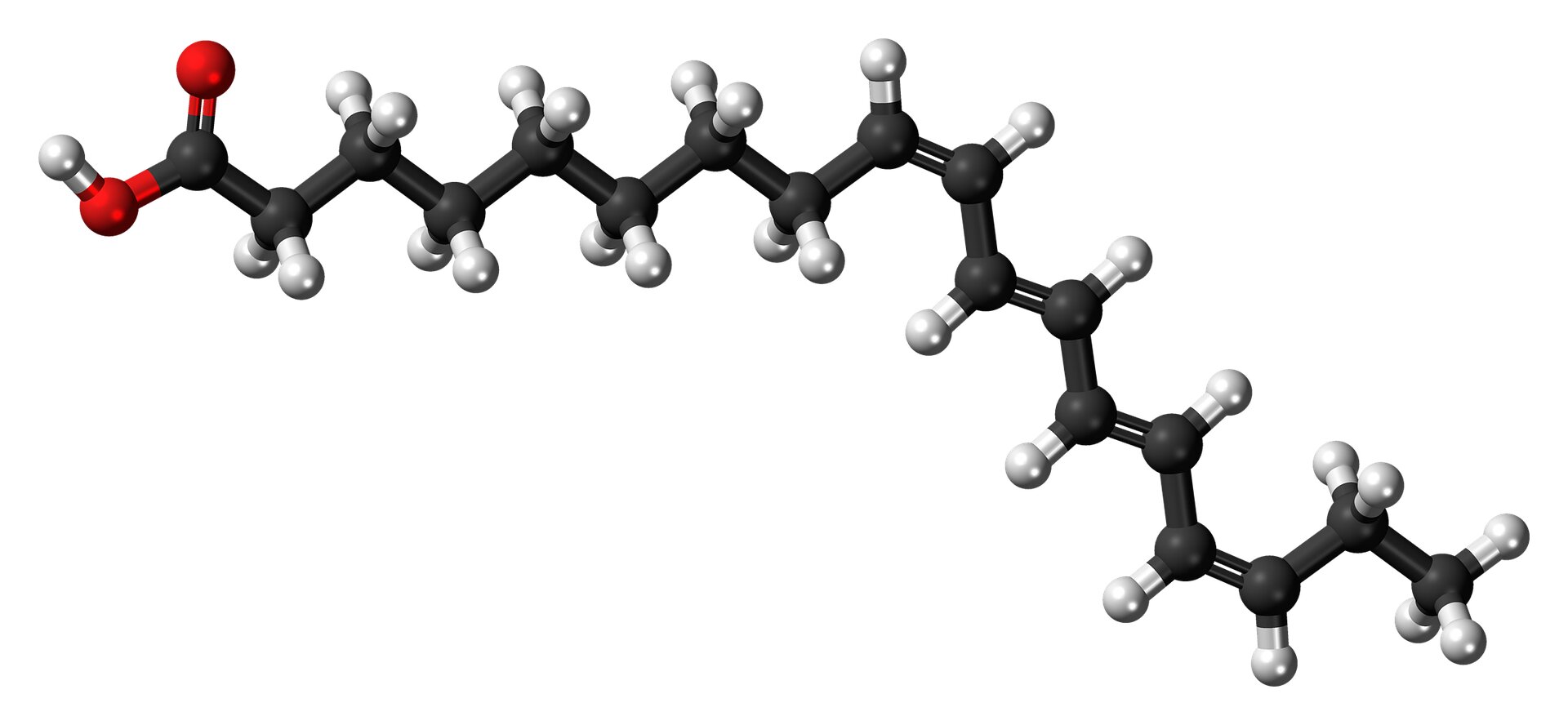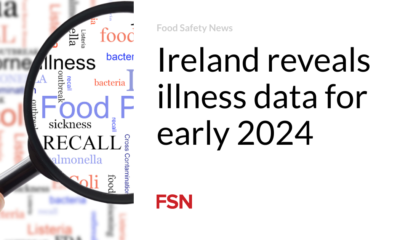Health
Scientists are investigating the link between omega-3 fatty acids and symptoms of psychosis in early adulthood

Credit: Pixabay/CC0 public domain
A new study, the largest of its kind, published in Biological Psychiatry today tracked the blood test results of more than 3,500 participants for 17 years to investigate a possible link between diet and mental health.
Led by Queen’s University Belfast, the longitudinal study, using data from Children of the 90s at the University of Bristol, examined how blood levels of omega-6 and omega-3 fatty acids, as well as a specific omega-3 fatty acid called docosahexaenoic acid (DHA), changes over time.
Working with researchers from the University of Cambridge and the RCSI University of Medicine and Health Sciences, the aim was to determine whether and how these variations were associated with the development of symptoms of psychosis in young adults aged 24 years.
Researchers followed the participants, who are part of the Avon Longitudinal Study of Parents and Children (ALSPAC), also known as “Children of the 90s,” from childhood to adulthood.
The fatty acid levels were measured in the blood tests taken from the participants throughout their lives, at the specific ages of 7, 15, 17 and 24 years old.
The findings show that people with consistently higher levels of omega-6 compared to omega-3 fatty acids in their blood, as well as consistently low DHA levels, had more psychotic experiences at age 24 than people whose levels increased during this period. remained average. . Psychotic experiences include thoughts of paranoia or hearing sounds that others cannot hear.
Furthermore, these participants also showed greater negative symptoms of psychosis. Negative symptoms include experiencing loss of interest in activities, flattening of emotions and social withdrawal.
An adequate intake of omega-3 fatty acids is recommended for overall health, and the balance between omega-6 and omega-3 fatty acids is thought to be important for several physical and mental health benefits.
Foods high in omega-3 include certain fish and seafood, some vegetable oils, nuts and high-fat plant foods such as chia seeds, flaxseeds, Brussels sprouts and more. Omega-6 fatty acids are found in sunflower, safflower, soy, sesame and corn oils.
Commenting on the significance of the findings, Dr. David Mongan, Academic Clinical Lecturer at Queen’s University, said: “This inaugural study is important because the results suggest that optimizing fatty acid status during crucial developmental stages, whether through diet or supplementation, warrants further research in relation to reducing psychotic symptoms in early adulthood.”
Dr. Ben Perry, Department of Psychiatry, University of Cambridge, added: “We have found an interesting link between higher ratios of omega-6 to omega-3 fatty acids during childhood and adolescence and an increase in experiences of psychosis in adulthood.
“We don’t yet know why this should be the case, but we also don’t believe people should be concerned about these findings. Omega-6 fatty acids as part of a balanced diet are important nutrients and we would not recommend that people remove them from the diet. We hope that future research will explore this possible link between diet and mental health in more detail.”
In addition, Professor David Cotter, Professor of Molecular Psychiatry at RCSI, said: “Building on our previous research, these findings strengthen our understanding of the important relationship between fatty acids and subsequent mental health, particularly in how an imbalance between omega-6 and omega-3 may increase the risk of subsequent psychotic experiences.”
Commenting on the findings using ALSPAC data, lead researcher Professor Nic Timpson added: “The health data collected at Children of the 90s makes life-changing research possible and here is an example of a fascinating study with the potential to make an impact on future research that could help guide nutritional advice.”
More information:
David Mongan et al., Longitudinal trajectories of plasma polyunsaturated fatty acids and associations with psychosis spectrum outcomes in early adulthood, Biological Psychiatry (2024). DOI: 10.1016/j.biopsych.2024.04.004
Quote: Scientists investigate link between omega-3 fatty acids and symptoms of psychosis in early adulthood (2024, June 12), retrieved June 13, 2024 from https://medicalxpress.com/news/2024-06-scientists-association-omega -3s-symptoms. html
This document is copyrighted. Except for fair dealing purposes for the purpose of private study or research, no part may be reproduced without written permission. The content is provided for informational purposes only.













